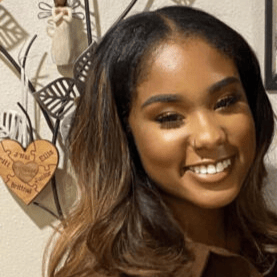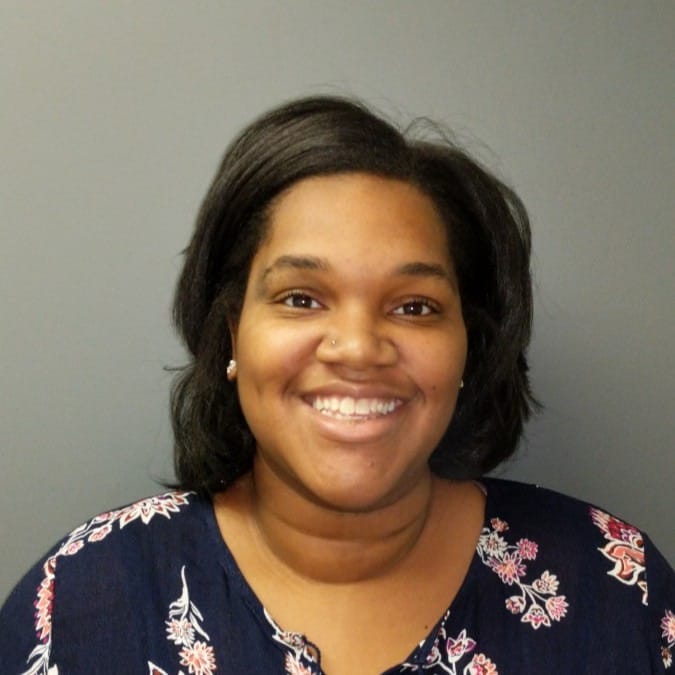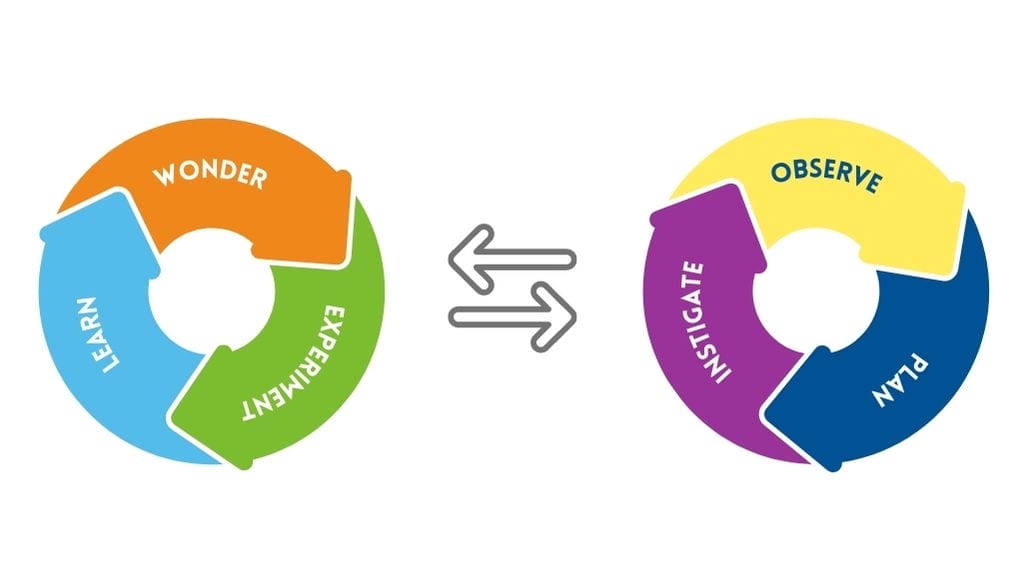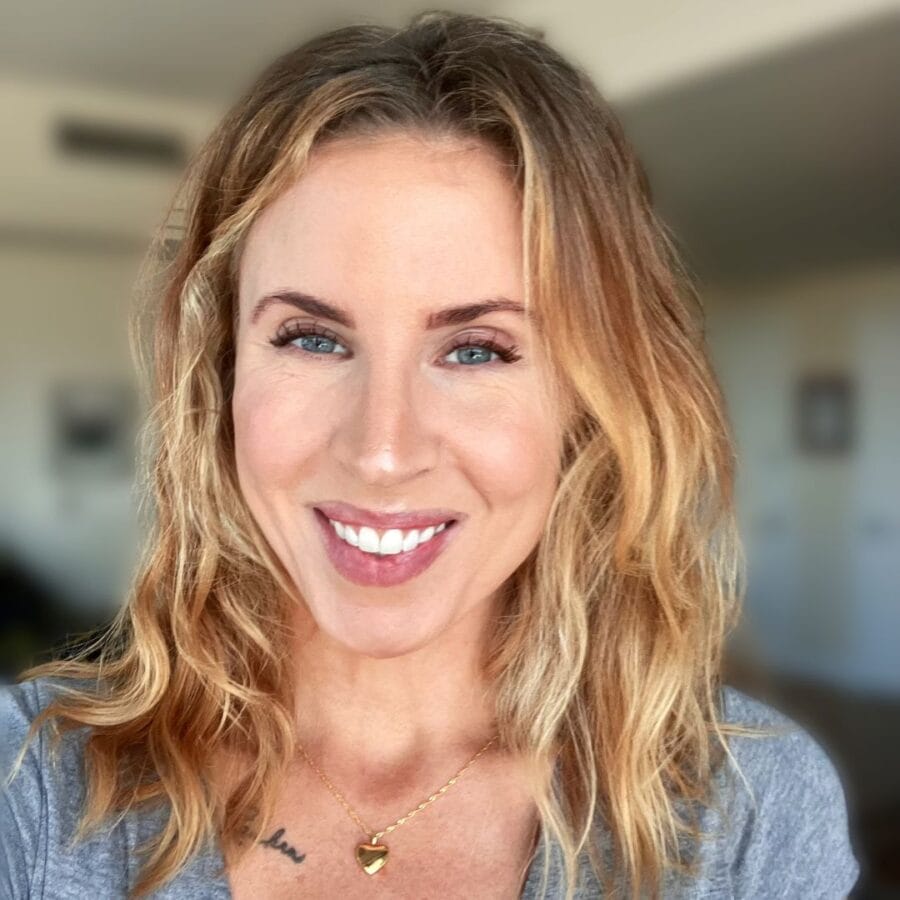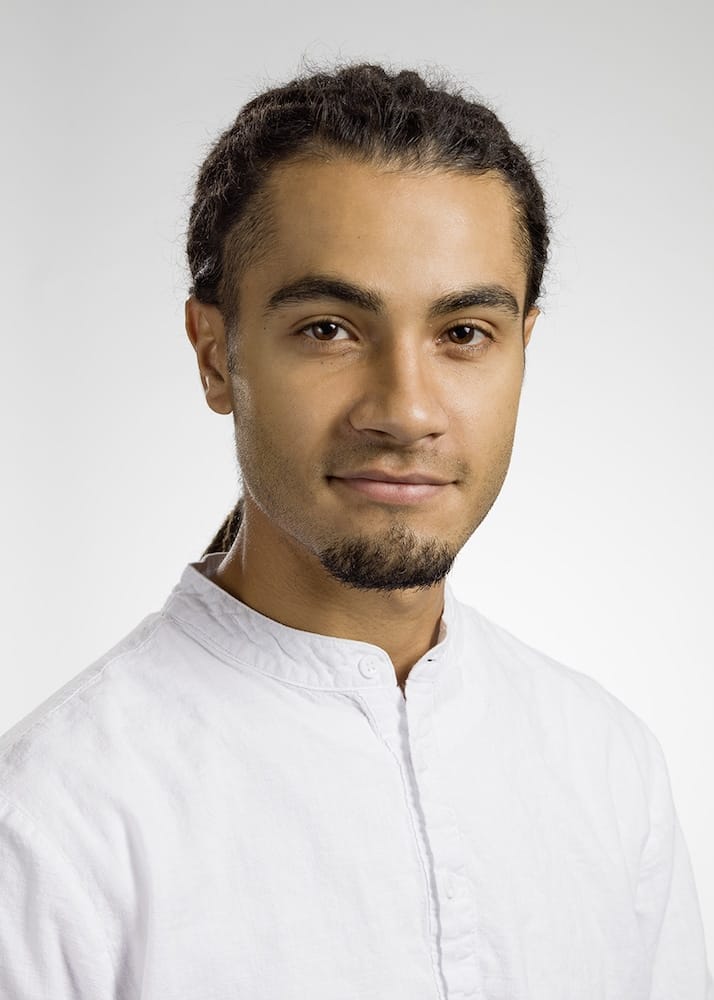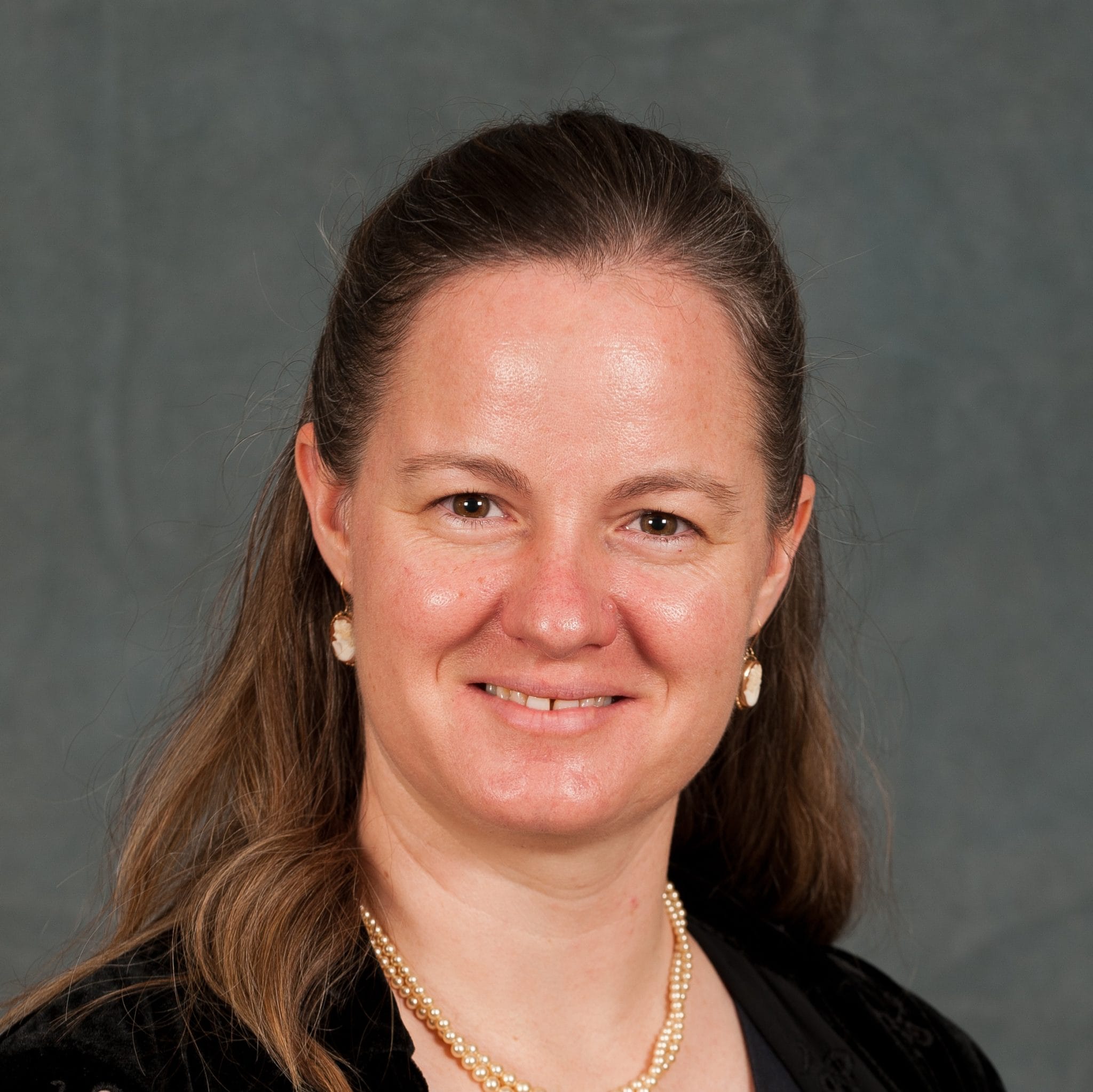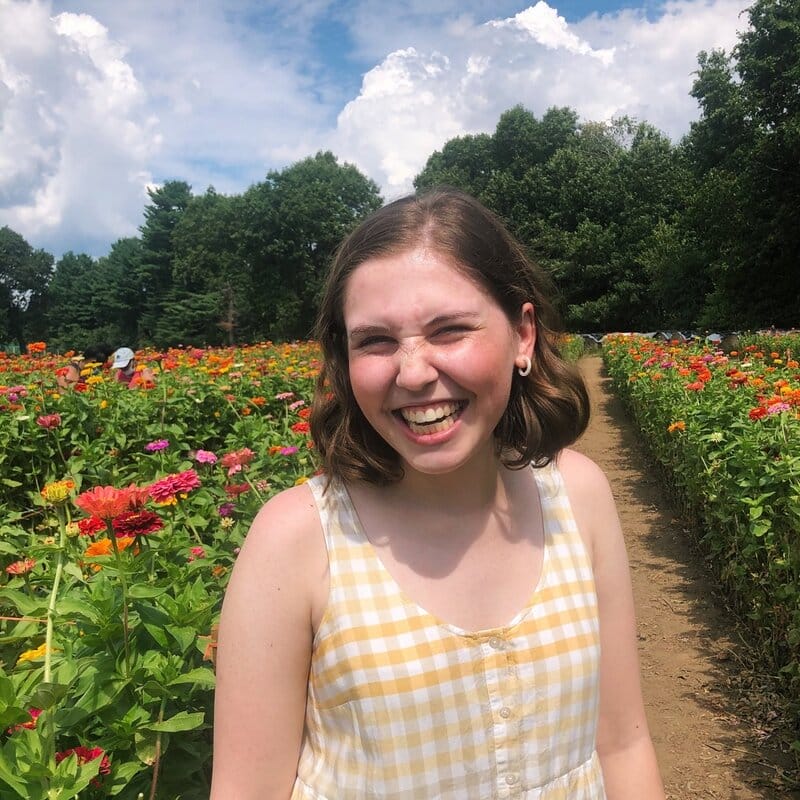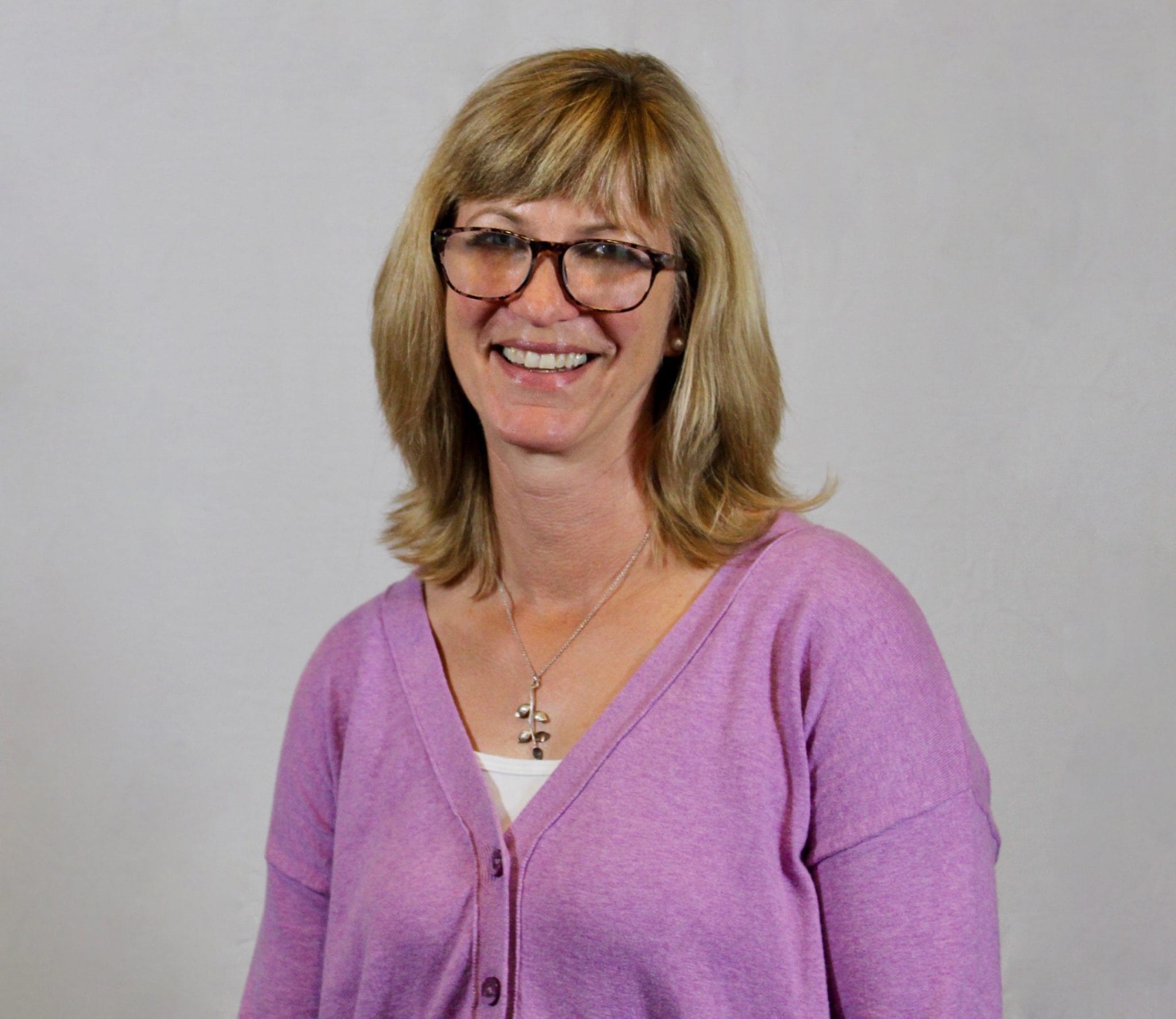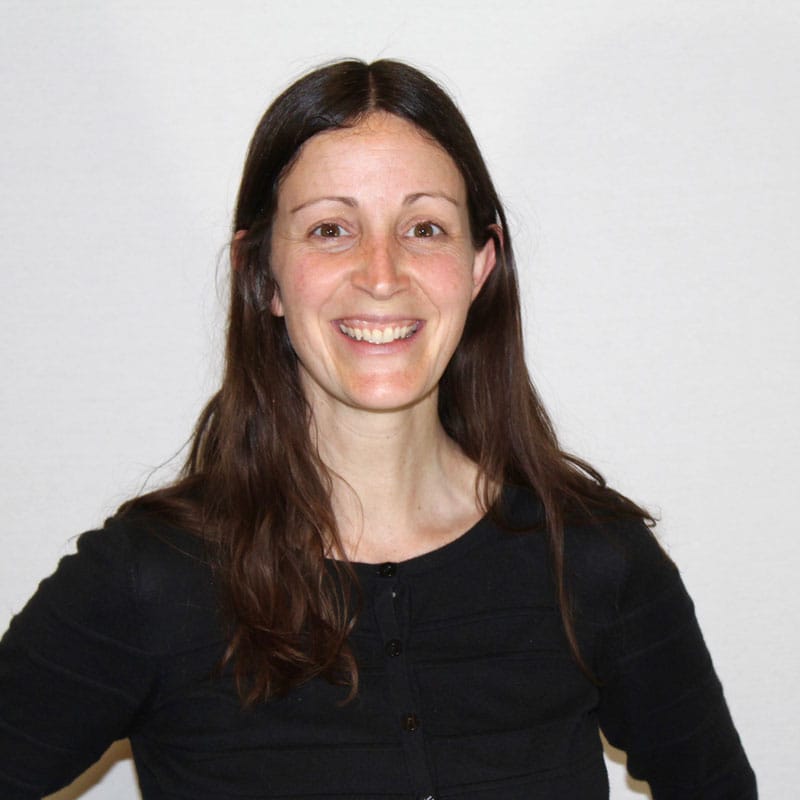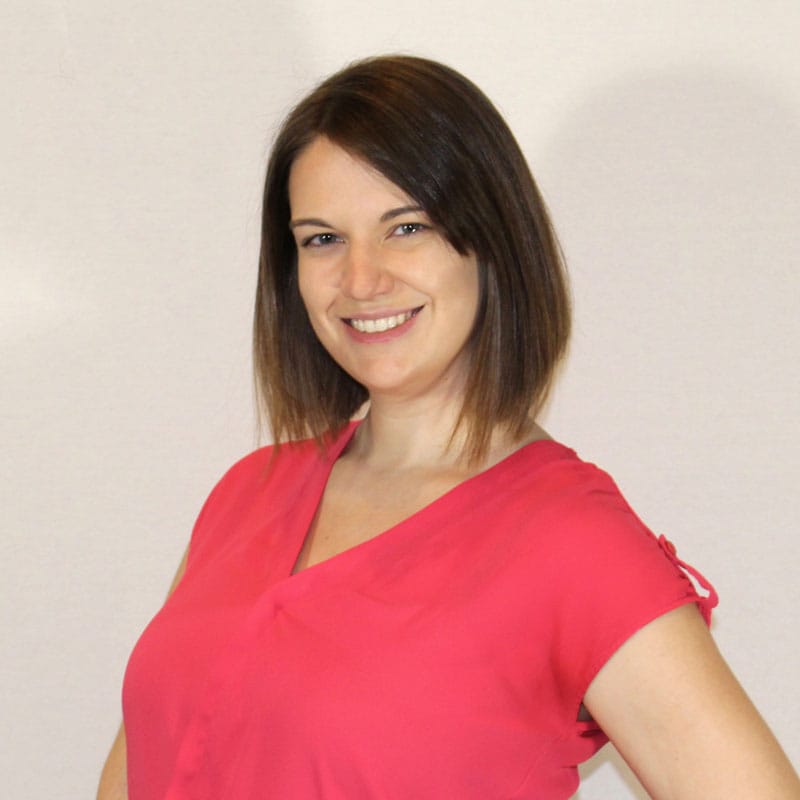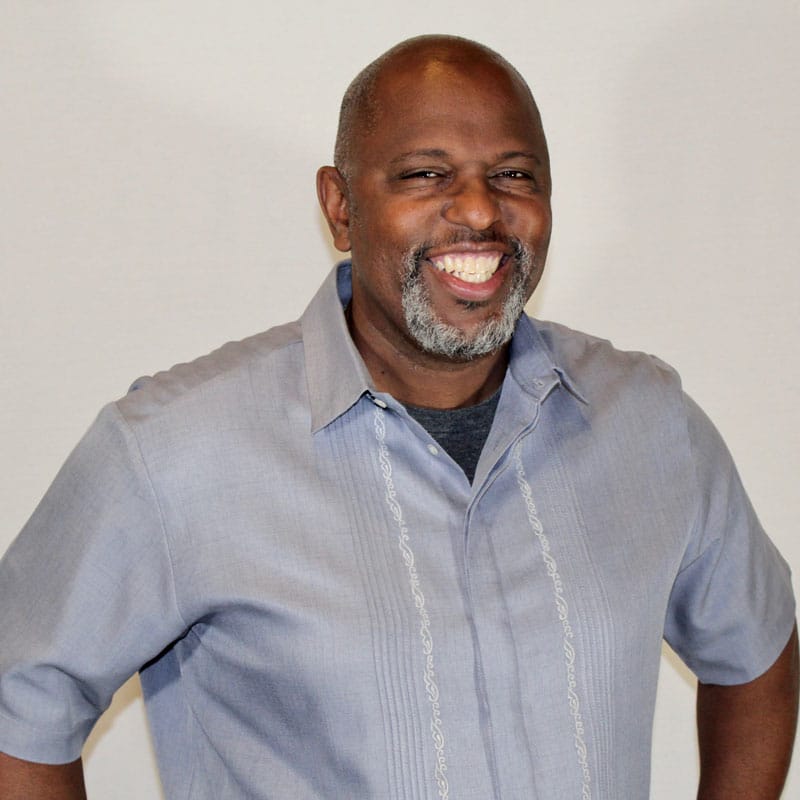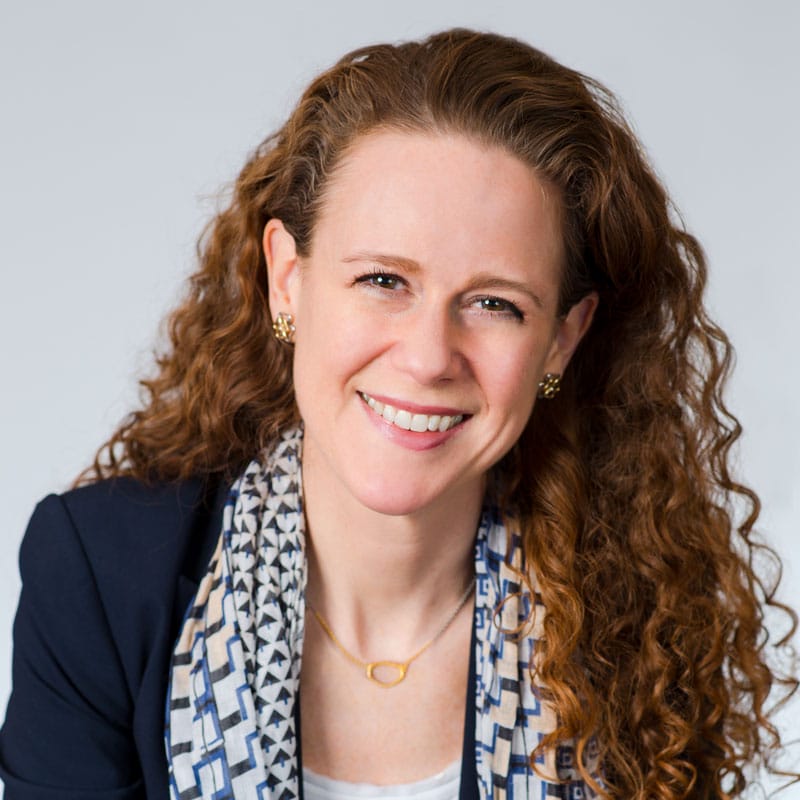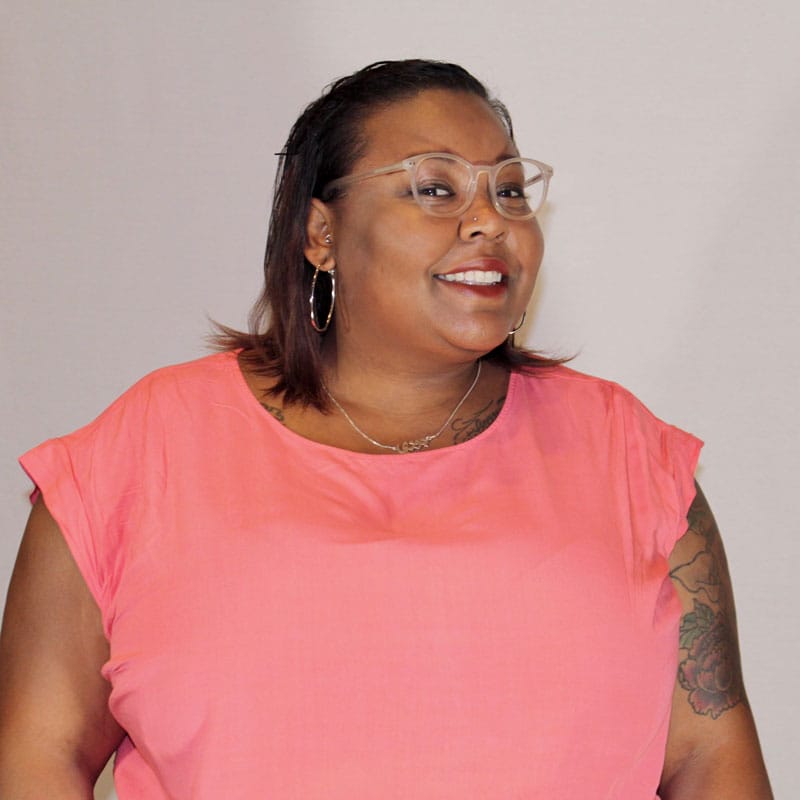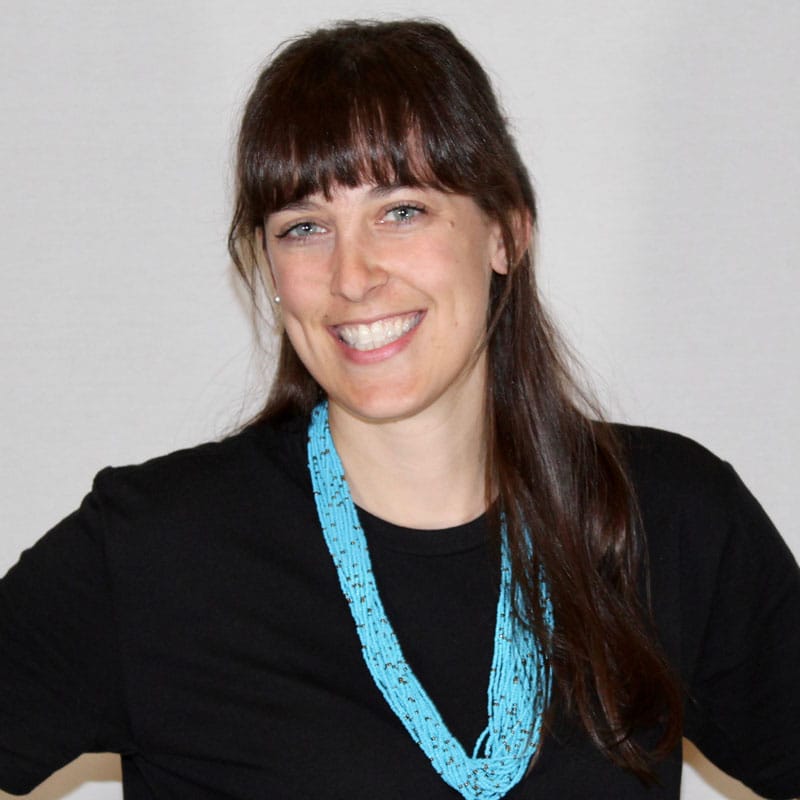By Jenna Fournel and Nina Pulley
“I think it’s so important that we don’t bubble wrap things for teenagers. We deserve the provocative. We deserve to have those conversations, to express ourselves, to have that real life application of what happens when we disagree. We’re not going to have the candy-coated classroom forever. It’s going to get rough and even if [Speak Truth] is just a very small part of that, it’s good to have experience with conflicting opinions. It’s good to have the other side. It’s good to understand the strength of your own opinion even if it doesn’t change.”
– Adena, Elizabeth Seton High School, 12th Grade
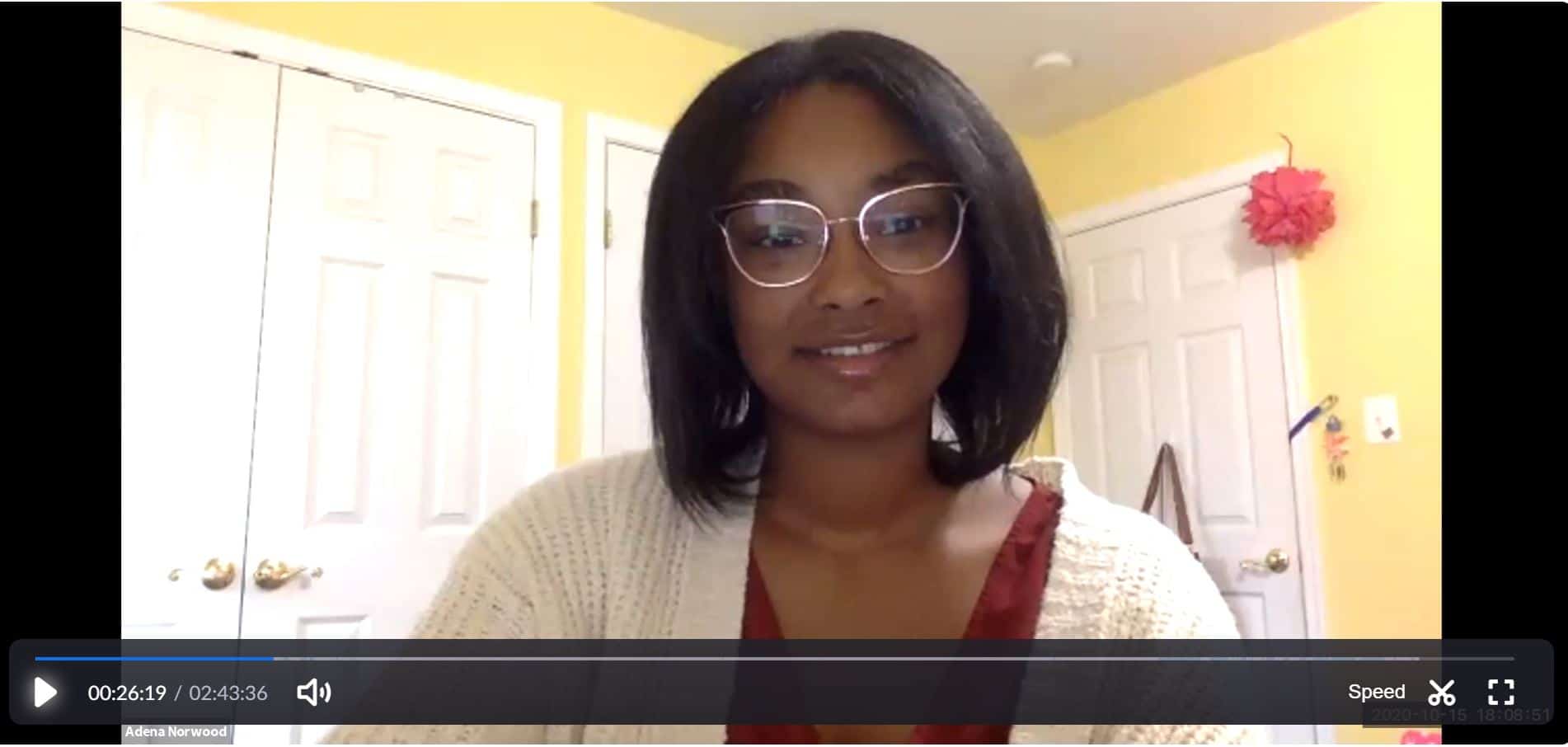
On October 15th, Adena, a 12th grader at Elizabeth Seton High School, invited a group of around 50 high school students to dive deep into a Speak Truth discussion on “The Dehumanization of Black Women.” It was a remarkable discussion. Speak Truth brings together high school students twice a month to discuss and debate timely topics that affect them. After an invitation to participants to introduce themselves, the conversation began with an exploration of the terminology at the root of the issue.
What is dehumanization? Adena posed. One student responded, “Treating another human as lesser than you, not equal…” Another said, “Denying someone basic rights.”
What is hypersexualization? A charged but critical question. “Picking someone apart by what they wear, their hair.” Another student said, “Being more concentrated on physical appearance and what’s under their clothes rather than getting to know their personalities.”
After establishing a shared understanding of these words, participants were ready to dive into how these terms play out in the present.
Unprotected and Disrespected
Adena skillfully referenced the recent example of the public mocking of Megan Thee Stallion as context for an inquiry into attitudes toward Black women in the media and society in general. Participants were invited to read a Medium article by Petiri Ira titled Black Women Are The Most Unprotected And Disrespected People In Society in preparation for the conversation. They drew heavily upon history, their own research, and their personal experience, as well.
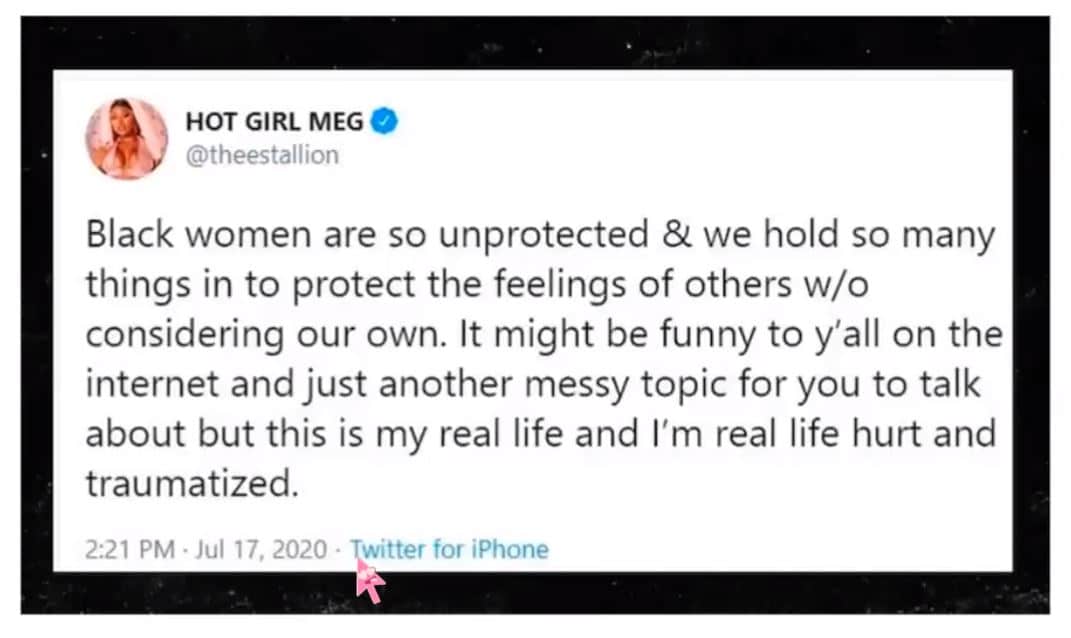
“I think there was a lot of talk saying that Black women as a whole were overreacting to the Megan situation, but I think what people fail to see is that Megan’s issue is just a microcosm of a broader issue for black women in this country,” explained Allison, a 12th grader at National Cathedral School. “Black women experience the highest rates of intimate partner violence and domestic violence. We face discrimination based on race and sex and we also face discrimination from our own people: from Black men. I think that what happened with Megan—that she was shot by somebody who presumably she trusted or felt comfortable enough to be in a car with—emphasizes a broader issue.”
The group noted the generally hostile nature of meme culture and agreed that Black people and Black women in particular are often disproportionately featured in this often caricatured medium.
Adena asked if this phenomenon might be tied to history, inserting, “In the slavery period it was common that Black women were subjected to public and nude auctions to determine their reproductive ability. How do you think this affected modern attitudes towards Black women?”
Mattia, a 12th grader at Elizabeth Seton High School, commented, “a lot of people don’t see a Black woman, they just see a black body.”
“I think colorism plays a part. We’re not considered beautiful unless we’re talking about our bodies,” said Jasmine, a 12th grader from Woodrow Wilson Senior High School, “but if we’re a lighter-toned color, or if we have looser curls or if we have that nice hourglass figure then Black women are presented as acceptable to society.”
“There’s no in-between for black women,” said Micah, an 11th grader from School Without Walls. “Either you’re hypersexualized or you’re ghetto and you’re loud. There’s no in-between.”
Amiri, a 12th grader also from School Without Walls noted the ways in which Black people are pigeonholed into expectations. “Can you sing? Can you play a sport? We’re only seen as what we can do and then when we do become doctors or lawyers or physicians or philosophers we’re seen as an anomaly. ‘Oh, you’re a good one.’ That’s what society makes you feel. Not like you did something so dope. You went through all these years of school, and you got all this money, and you paid all these loans, but it’s just ‘oh, you’re a good one’ instead of just being Black and successful.”
Eleventh grader D’Jhanir, a student at School Without Walls, explored these expectations in terms of how stereotypes are structured around the ways Black and white people speak. “Black people are usually [seen as] more ghetto and white people are [deemed] more proper and if you enter into speaking like the other person, you’re [labeled] peculiar and you’re not usual and then sometimes they give you praise and sometimes they give you hate.”
Women vs. “Females”
The discussion focused even more on the role language plays in racial and gender perceptions when Adena asked the group what they thought of the growing trend of referring to Black women as “females” in social media spaces. For some, the distinction caused no alarm. For others, it was further proof of the dehumanization of Black women. D’Jhanir shared an article on the subject with the group in the chat.
“I personally don’t like the term ‘female’ because it feels like you are merely limited to that,” wrote Sam, a 12th grader at School Without Walls. “Even female animals have names, it just doesn’t feel right.”
Micah chimed in, “It’s reducing a woman to her reproductive abilities, which is very dehumanizing and exclusionary.”
Mikalei, an 11th grader at Thurgood Marshall Academy, wrote in the chat, “Sometimes people will refer to Black women as females but when they speak about white women they just refer to them as white women. I think the word is sometimes used as a replacement for the ‘b’ word.” Shaleya, a 12th grader at Elizabeth Seton High School added, “We see it used to replace another word so often that we associate it with that meaning.”
One of the young men in the discussion seemed to struggle with what was wrong with the term if it was being used without malintent. Nadeem, a 12th grader at Woodrow Wilson High School replied, “We are boys so we can’t tell them what’s offensive but they are girls so they know what’s offensive to them and they know the way it’s used.”
“By definition it is not a negative term,” reflected Nicki, an 11th grader at National Cathedral School. “Yes, I am a female. Yes, I identify as a female. But the thing is the connotations in it. It feels way less personal than ‘a woman’ or ‘a girl.’”
Signs of Change
As the lively discussion wound to a close, Adena asked, “How do you think the status of Black women has changed throughout time?” Responses ranged in scope and focus.
“I think there have been some improvements,” wrote Mikalei in the chat. “However, the dehumanization and hypersexualization of Black women is still prevalent.”
“Women used to stay in the house, do the cooking, all that. And men used to do the outside dirty work and then come home and not do anything. Now women are getting out there more. A lot of women have their own business now and they’re doing their own stuff so it’s really like we’re just becoming more independent,” said Tristin, a 9th grader from Thurgood Marshall Academy.
“In my experience as a woman of color,” wrote Jasmine in the chat. “I feel like there’s less of a box for us to be in. Now we’re not expected to live down to their expectations. Before, I felt like being uneducated or being angry or loud was always associated with my Blackness. I don’t feel that way anymore. I think if men spoke up, more things would change.”
Are you a teacher interested in seeing or a high school student interested in participating in an upcoming Speak Truth session? All are welcome! Our next Speak Truth is on November 5, at 6 PM ET and the topic will be “COVID and Voter Suppression.”

